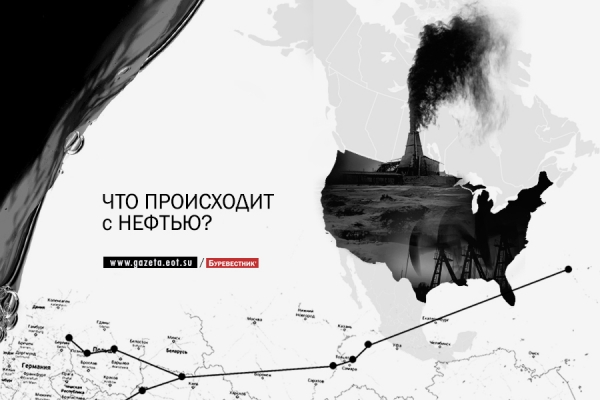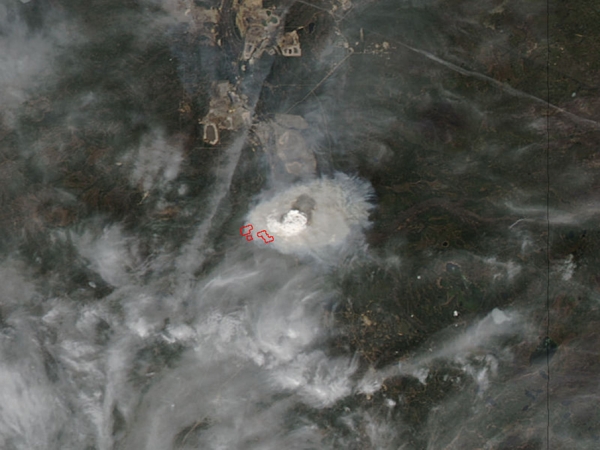
So, an informal meeting of OPEC in Algeria had, undoubtedly, a positive but a bit vague result like the promises of “see you soon”. The members of the cartel agreed to limit the total oil production at the level of 32.5 — 33 million barrels per day, but all the specifics are deferred to the regular summit of OPEC in Vienna, which will be held on November 30.
Actually, nobody expected that Algeria will be reached a formal agreement, it is not possible, because the status of the appointment of such is not allowed. But to bring some clarity to the issue of quotas of individual countries, the negotiators could. Now the specification of the production plans of Iran, Nigeria and Libya is delayed almost until winter.
However, the press leaked rumors. So, there were reports that Saudi Arabia had offered to cut production to 442 thousand barrels per day, Iran has defined a limit of 3.7 million barrels per day, Nigeria and Libya have decided not to limit it. But in the final statement to the media about it was not mentioned.
Now utryasanie all questions on the limits of individual countries will be doing a special high-level Commission. To develop terms of agreement that would satisfy everyone, the Commission will have two months. And still, according to observers, the summit in Vienna with a simple signing of the final document will not do, the discussion will be rough.
As for the General quota, then it is really rather freeze than cut production. In August, the production of OPEC made up of 33.24 million barrels a day. Thus, when the upper limit of the quota of 33 million barrels of the decline of the entire cartel will amount to only about 240 thousand barrels per day.
However, exactly when the agreement will take effect and how long will act, is also unclear. There were suggestions to freeze production at three, six and twelve months. The final decision on this issue will be in Vienna.
By the way, one definite positive outcome of the meeting in Algeria was the idea to develop a constant format of consultations with non-member countries in OPEC. This will help to maintain market stability in the future.
Meanwhile, experts and analysts are quite wary about the results of the Algerian negotiations. So, oil analyst and head of the energy Agency Petroleum World, Elio Eco urges not to overstate these results.
Yes, oil prices may temporarily rise even above $ 50 per barrel. But in the end it’s too much of Riyadh and Tehran. If they agree with their quotas, the agreement will work and the market stabiliziruemost — if not, the Treaty will remain an empty piece of paper.
A slightly different position of the expert, Raiffeisen Bank International (RBI) Valentin Hofstatter. In particular, he told the RIA Novosti news Agency: “the Main breakthrough is that Saudi Arabia is ready to cut production, despite the relief and even the ability to increase production for Iran and for other countries. This increases the chances of a positive final decision in November,” he said.
And if the summit in Vienna will fail because of insurmountable differences, anyway, the meeting in Algeria at least for a while will raise oil prices. Even this is nice though because the oil industry will get more income, he said.
And Mexican energy analyst, Fluvio Ruiz believes that the Algerian results will raise oil prices by $ 2-3 per barrel. After all, the meeting demonstrated that participants in the oil market is still able to coordinate their actions and pursue a common policy, which was not for many years.








